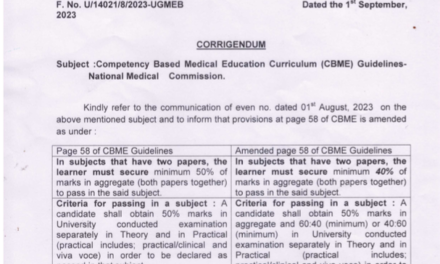January 14, 2024
Embarking on the exhilarating journey of motherhood brings with it a wealth of joy and anticipation. Amid the myriad of considerations for expectant mothers, understanding the nuances of hypothyroidism becomes paramount. Hypothyroidism, a common condition where the thyroid gland doesn’t produce enough essential hormones, can significantly influence the well-being of both the mother and the developing baby during pregnancy.
Impact on Fertility
The intricate relationship between hypothyroidism and fertility adds a layer of complexity to the journey towards parenthood. Women with hypothyroidism may encounter challenges such as irregular periods and difficulties conceiving. Given the thyroid’s pivotal role in creating a conducive environment for a baby, meticulous care of thyroid health becomes essential for those contemplating starting a family.
Effects on the Developing Baby
During pregnancy, the growing baby relies heavily on thyroid hormones for proper development, particularly for the brain and nervous system. Insufficient thyroid hormones during this critical period can lead to potential issues for the baby, including cognitive challenges and nervous system problems. Adequate thyroid hormones are imperative for fostering the baby’s healthy growth.
Hypothyroidism doesn’t solely impact the baby; it can pose challenges for the mother as well. Untreated hypothyroidism during pregnancy may elevate the risk of complications such as high blood pressure and preterm birth, jeopardizing the well-being of both the mother and the baby. Effectively managing hypothyroidism is crucial to ensuring the mother’s health and providing the baby with the optimal conditions for safe growth.
Screening and Diagnosis
Given the intricacies of hypothyroidism, especially in the context of pregnancy, healthcare professionals conduct routine checks to monitor thyroid function. Simple blood tests are employed to assess the thyroid’s performance and identify any deviations early on. Monitoring specific blood levels enables healthcare providers to address potential issues promptly, safeguarding the health of both the expectant mother and the baby.
Management and Treatment
In instances where intervention is necessary, healthcare providers may prescribe medications such as levothyroxine to regulate thyroid hormone levels. Continuous monitoring through regular check-ups ensures that the mother receives the appropriate dosage throughout the pregnancy, contributing to the well-being and happiness of both the mother and the baby.
As expectant mothers navigate the myriad aspects of pregnancy, understanding and addressing hypothyroidism emerge as crucial components of maternal care. By prioritizing thyroid health, mothers can optimize the chances of a healthy pregnancy, fostering a positive start for the newest member of the family.










